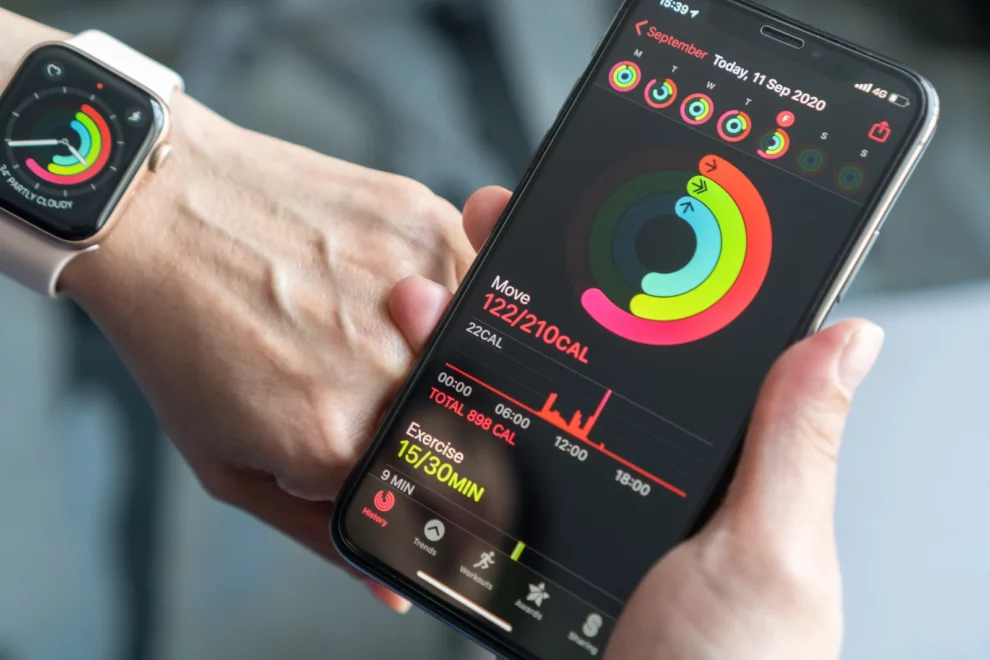Apple has long been synonymous with innovation, from the iconic iPhone to the sleek Apple Watch. Now, the tech giant is setting its sights on a new frontier: health-tech. With a series of ambitious projects and studies, Apple is poised to revolutionize how we monitor and manage our health.
The Apple Health Study
At the forefront of Apple’s health-tech initiatives is the Apple Health Study, launched in collaboration with Brigham and Women’s Hospital. This longitudinal study aims to understand how data collected by Apple devices, such as the iPhone, Apple Watch, and AirPods, can be used to predict, detect, monitor, and manage health and well-being. The study will explore various health areas, including activity, aging, cardiovascular health, circulatory health, cognition, hearing, menstrual health, mental health, metabolic health, mobility, neurologic health, respiratory health, and sleep.
Leveraging Wearable Technology
Apple’s ecosystem of devices provides a unique opportunity to gather extensive health data from millions of users. The Apple Watch, for instance, has become a powerful tool for tracking heart activity, sleep patterns, and workouts. By analyzing this data, researchers hope to develop new algorithms and frameworks that can provide valuable insights into users’ health.
Recent Innovations
Apple’s commitment to health-tech is evident in its recent innovations. The company recently launched its first pair of wireless earbuds with an integrated heart rate sensor, and plans to bring similar features to the AirPods family. Additionally, the AirPods Pro 2 received FDA clearance to be used as hearing aids, showcasing Apple’s dedication to improving health through technology.
The Role of AI and Machine Learning
Artificial intelligence and machine learning play a crucial role in Apple’s health-tech initiatives. These technologies enable the analysis of vast amounts of data, helping to identify patterns and predict health outcomes. For example, researchers at the University of Barcelona have shown how smartwatch data can be used to predict psychiatric illnesses, while experts at Tampere University have developed a framework to detect signs of congestive heart failure with high accuracy.
Enhancing User Experience
Apple’s health-tech innovations are not just about collecting data; they are also about enhancing the user experience. Features like Walking Steadiness on iPhones and the Vitals app for the Apple Watch are designed to provide users with actionable insights into their health. These tools help users monitor their health and make informed decisions about their well-being.
Future Prospects
As Apple continues to invest in health-tech, the possibilities for future innovations are vast. The company’s ongoing studies and collaborations with leading research institutions will likely lead to new features and capabilities that can further improve health outcomes. With millions of users already relying on Apple devices for health tracking, the potential for impactful discoveries is immense.
Apple’s foray into health-tech marks a significant shift in the company’s innovation strategy. By leveraging its extensive ecosystem of devices and collaborating with top research institutions, Apple is well-positioned to lead the way in health-tech innovation. As the company continues to explore new ways to enhance health and well-being, the future looks promising for both Apple and its users.
What are your thoughts on Apple’s focus on health-tech? Do you think it will make a significant impact on how we manage our health?
















Add Comment